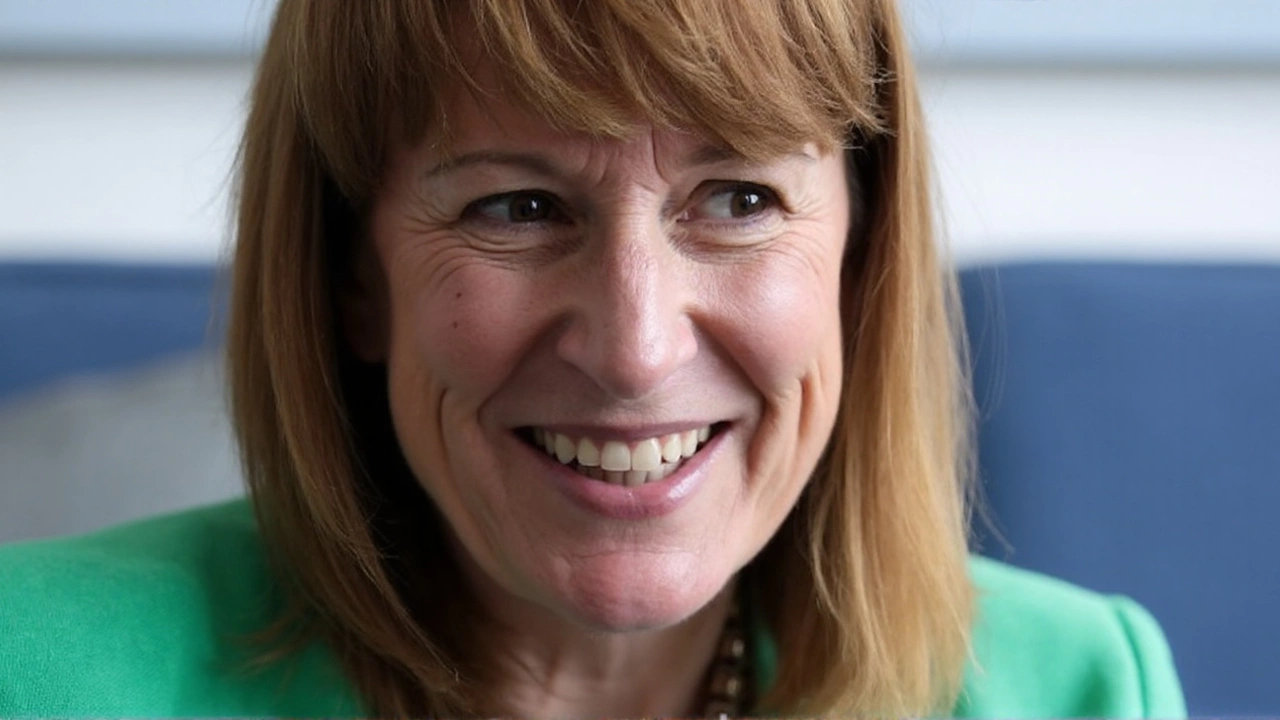Rachel Reeves: Quick Guide to the UK Finance Minister
If you’ve heard the name Rachel Reeves in the news, you probably wonder who she is and why she matters. In simple terms, she’s the Labour Party’s finance minister, handling the country’s money, taxes and budgeting. Her job is to make sure the UK’s economy runs smoothly while trying to help everyday people.
Born in 1979, Reeves grew up in North Yorkshire and studied Philosophy, Politics and Economics at Oxford. She started her career in banking before moving into politics, first as a Member of Parliament for Leeds West in 2010. That mix of finance and politics gave her a solid base for the big‑budget work she does today.
What Does the Finance Minister Actually Do?
The finance minister decides where government money goes – from schools and hospitals to roads and defence. She also sets tax rates, decides on public spending limits and works on policies to keep inflation low. In short, she tries to balance the books while protecting jobs and wages.
Reeves is known for pushing a “green growth” agenda, meaning she wants the UK to cut carbon emissions while still creating new jobs. She’s also championed a more progressive tax system, aiming to make the richest pay a fairer share. These points often spark debate, especially with the opposition and business groups.
Key Policies and Recent Moves
Since becoming finance minister, Reeves has outlined several priority areas. First, a bill to expand affordable housing by offering tax incentives to developers who build low‑cost homes. Second, a push for a “digital tax” on big tech firms that earn huge profits from UK users. Third, a commitment to increase funding for public services without raising income tax for the middle class.
One of her most talked‑about actions was the recent cabinet reshuffle that placed her in charge of the Treasury after Angela Rayner left the Home Office. The reshuffle sparked lots of commentary online, with many analysts saying Reeves could bring a fresh, financially‑savvy approach to the Labour government’s agenda.
On the international front, Reeves has been vocal about supporting fair trade agreements that protect UK workers. She’s also joined talks on a coordinated European response to energy price spikes, trying to keep household bills from soaring.
Critics argue that some of her proposals could increase public debt, but Reeves counters that smart investment now will save money later by preventing bigger crises. She often points to data showing that well‑targeted spending on health and education boosts long‑term economic growth.
For everyday people, the most visible impact of Reeves’s work shows up in the next tax year’s budget. Expect updates on child tax credits, pension reforms and maybe a new “green” vehicle incentive. Keep an eye on her speeches – they usually hint at what’s coming next.
In a nutshell, Rachel Reeves blends a finance background with a progressive political stance. Whether you agree with her policies or not, she’s a key player shaping the UK’s economic future. Stay tuned to our site for the latest articles that mention her, from cabinet reshuffle analysis to debates on taxation and green growth.





